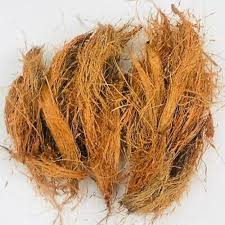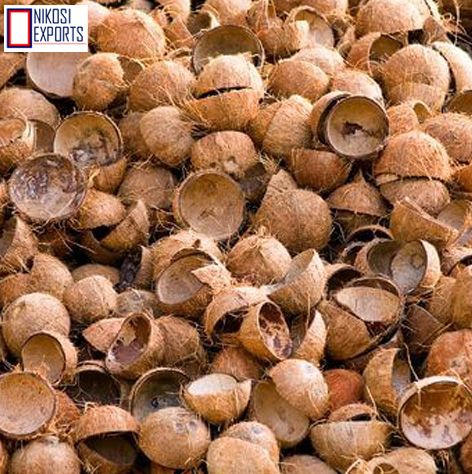Street Vendor waste solutions -A Game Changer

Coconut Water Recycling
- Natural Beverages: Leftover coconut water from opened coconuts can be used to make refreshing drinks, or even processed into coconut-based beverages such as flavored waters, yogurt, or smoothies.
- Zero-Waste Juices or Cocktails: Vendors can collect excess coconut water and use it as a base for tropical cocktails or fresh juices, reducing waste while offering customers a unique drink.

Coconut Pulp
- Coconut Flour: Any leftover coconut pulp can be dried and ground into coconut flour, which can be sold as a gluten-free flour alternative. This can appeal to health-conscious consumers.
- Coconut-based Products: The meat can also be used to create coconut milk, coconut cream, or shredded coconut for use in other dishes, reducing wastage and enhancing the product offering.

Coconut Husk Utilization
- Coconut Fiber (Coir): The husk can be turned into coir, which is used for making products like mats, ropes, brushes, and even eco-friendly packaging materials. This could provide vendors with a way to turn waste into additional income or reduce their disposal costs.
- Compost and Fertilizers: Coconut husks can be composted or processed into organic fertilizer. Street vendors can work with local farms or even sell it to eco-conscious customers who want organic compost for their gardening.

Coconut Shells
- Craft Products: The coconut shell can be carved and shaped into art pieces, small utensils, or home decor items. Vendors could sell these handcrafted items as souvenirs or use them as packaging, replacing plastic.
- Activated Charcoal: The shells can be converted into activated charcoal, which is useful for filtration and health products, offering another income avenue for vendors.
